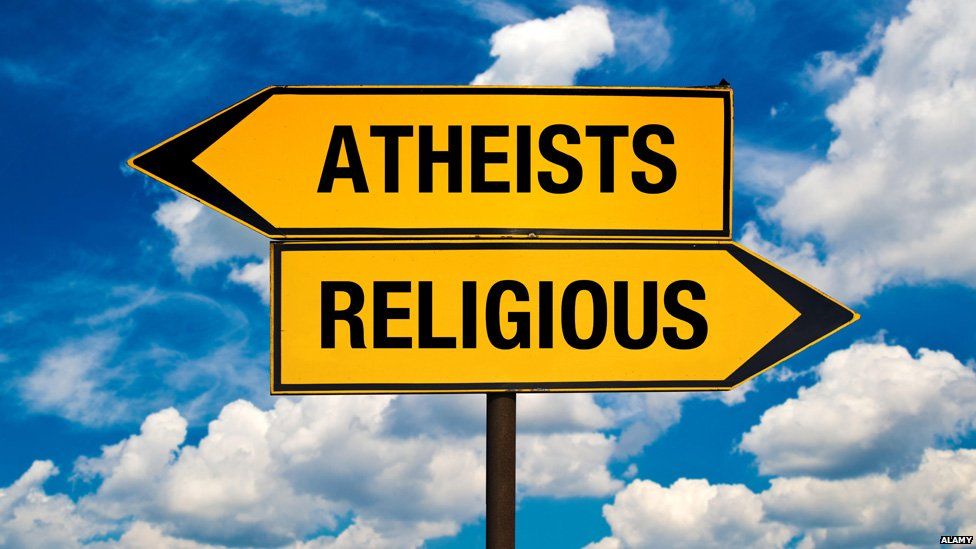In recent years, there has been a noticeable rise in atheism, particularly among the youth in the United States. This trend raises important questions about the factors influencing this shift and its implications for the country’s religious landscape. In this reflective opinion piece, we will delve into the rise of atheism amongst young Americans, explore the potential reasons behind it, and offer some analysis on its impact.
Atheism in a Changing Landscape
The growing number of young people identifying as atheists implies a significant shift in societal attitudes. Many factors have contributed to this change, including increasing access to information, the influence of scientific thinking, and a desire for personal autonomy in matters of belief. Furthermore, the rise of secularism in public discourse and the growing skepticism towards organized religion have also played a role in shaping the worldview of young atheists.
Challenges to Traditional Religious Beliefs
Atheism amongst youth challenges the conventional religious frameworks and poses important questions about the role of faith in modern society. As young people grapple with issues of morality, identity, and purpose, they are seeking answers beyond traditional religious narratives. The Internet and social media have provided avenues for alternative perspectives, allowing individuals to explore different worldviews and engage in open discussions about faith, or the lack thereof.
Reason and Empiricism
Secularization and the advancement of scientific knowledge have empowered young atheists to critically assess religious claims. The focus on reason, evidence, and empiricism in education has prompted many to question the existence of God and reject religious dogma that cannot be substantiated scientifically. The emphasis on rationality has led some young people to perceive atheism as the more logical and intellectually coherent position.
Individual Autonomy and Freedom
Atheism is often seen as a reflection of individual autonomy and freedom, with young people seeking to break free from the perceived constraints imposed by religious institutions. They desire the ability to shape their own beliefs and make decisions based on personal experiences, rather than adhering to traditional religious doctrines. The rise of atheism thus represents a quest for personal independence and the rejection of religious authority.
Atheism’s Impact on Society
The increasing presence of atheism among the younger generation has implications for the broader social fabric. It challenges the privileged position traditionally held by religious institutions and encourages societies to engage in open dialogues about faith, spirituality, and morality. It also calls for a more inclusive approach that respects the diversity of belief systems and fosters understanding between believers and non-believers.
Engaging in Dialogue
To address the rise of atheism amongst youth, it is vital for religious communities to engage in genuine dialogue and introspection. This involves acknowledging the concerns and questions raised by young atheists, fostering an environment of inclusivity, and adapting religious practices to meet the evolving needs of society. Encouraging open-minded discussions, without resorting to judgment or condemnation, can foster mutual understanding and bridge the gap between believers and non-believers.
Conclusion
The increasing prevalence of atheism among youth in the United States signifies a growing shift in societal attitudes towards religion. Factors such as access to information, scientific thinking, and the desire for personal autonomy have contributed to this rise. Rather than viewing atheism as a threat, it is essential for religious communities to embrace dialogue, understanding, and introspection to engage with the concerns and perspectives of young atheists. By doing so, we can foster a more inclusive and diverse society that respects the beliefs of all its members.
